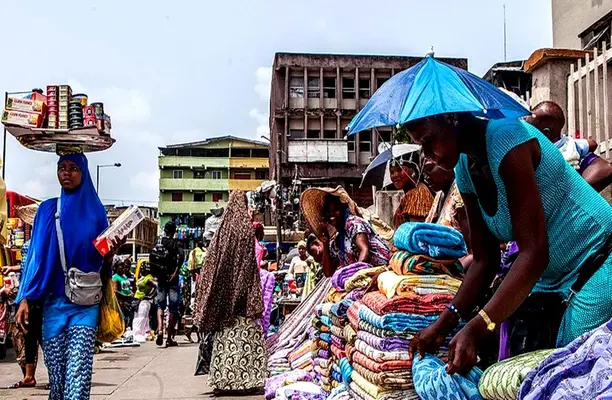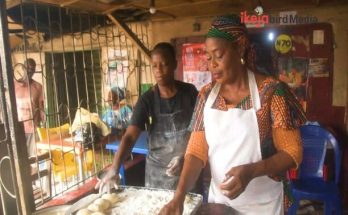By Bababunmi Agbebi
Edited by Ezennia Uche
Despite years of public warnings, heavy penalties, and sustained campaigns, street trading and traffic violations continue to shape the daily reality of Lagos. From gridlocked junctions to obstructed walkways and pockets of informal settlements, these infractions have become baked into the city’s urban rhythm — often at the expense of safety, mobility, and environmental order.
Now, the Lagos State Environmental and Special Offences Enforcement Unit says it is renewing its push to reverse the trend. The agency has announced a more coordinated, statewide approach targeting not just the symptoms on the streets, but the wider systems that allow these violations to thrive.
According to the Agency’s Chairman, Adetayo Akerele, Lagos is shifting toward what he describes as a “continuous, multi-layered enforcement strategy” aimed at safeguarding public spaces and protecting residents who obey the law.
A New Push Against Roadside Trading
Street trading remains one of the most persistent challenges in Lagos. From major highways to inner-city bus stops, traders often spill onto the roads, slowing traffic, narrowing pedestrian walkways, and creating safety hazards.
Many residents point out that the practice has become part of the state’s informal economy. Yet the costs — from traffic bottlenecks to increased accidents — continue to rise.
Akerele says the government will intensify daily operations in high-traffic corridors, markets, and transport hubs. The aim, he explains, is to reclaim public walkways, restore open spaces, and prevent traders from expanding into dangerous or illegal areas.
Vehicles used to support these illegal activities, especially those blocking major routes or loading goods in restricted zones, will continue to be impounded. “People who obstruct public infrastructure must understand that enforcement will be sustained,” Akerele said.
Clearing Illegal Structures Before They Become Settlements
Makeshift shops, wooden extensions, and temporary shelters often begin as small structures but quickly grow into clusters that choke traffic and create security vulnerabilities.
Urban planners warn that waiting too long to remove them leads to costly demolitions and deeper community tensions.
To prevent this, the Enforcement Unit will continue routine clearance operations, dismantling illegal structures as soon as they appear. Officials say this early-intervention model is more effective than large-scale demolition exercises that disrupt livelihoods and draw public outcry.
Addressing Street Urchins and Safety Concerns
Beyond traffic issues, the presence of street urchins and criminal elements raises concerns about theft, harassment, and general insecurity in public spaces.
The agency says its renewed operations will also focus on identifying, removing, and rehabilitating vulnerable individuals who pose risks to commuters and businesses. According to Akerele, the goal is not just enforcement but also helping to channel at-risk individuals into support and rehabilitation programs.
Residents and business owners in areas such as Oshodi, Ikeja, and Surulere say these actions are long overdue, noting a recent rise in petty theft and aggressive begging.
A Larger Vision for Urban Management
Lagos officials say the new strategy is part of a broader effort to maintain order in a rapidly growing metropolis struggling with limited space and high population pressure.
The government hopes that by pairing steady enforcement with public awareness campaigns, it can reduce recurring violations and encourage voluntary compliance with environmental and traffic laws.
Urban analysts argue that meaningful progress will require more than force alone. They point to the need for affordable markets, regulated trading spaces, strengthened public transport systems, and social support structures.
Still, many residents remain cautiously optimistic. If the policies are carried out consistently — not only in highbrow areas but also across the city’s densely populated districts — Lagos could see improved mobility, cleaner streets, and safer public spaces in the months ahead.








